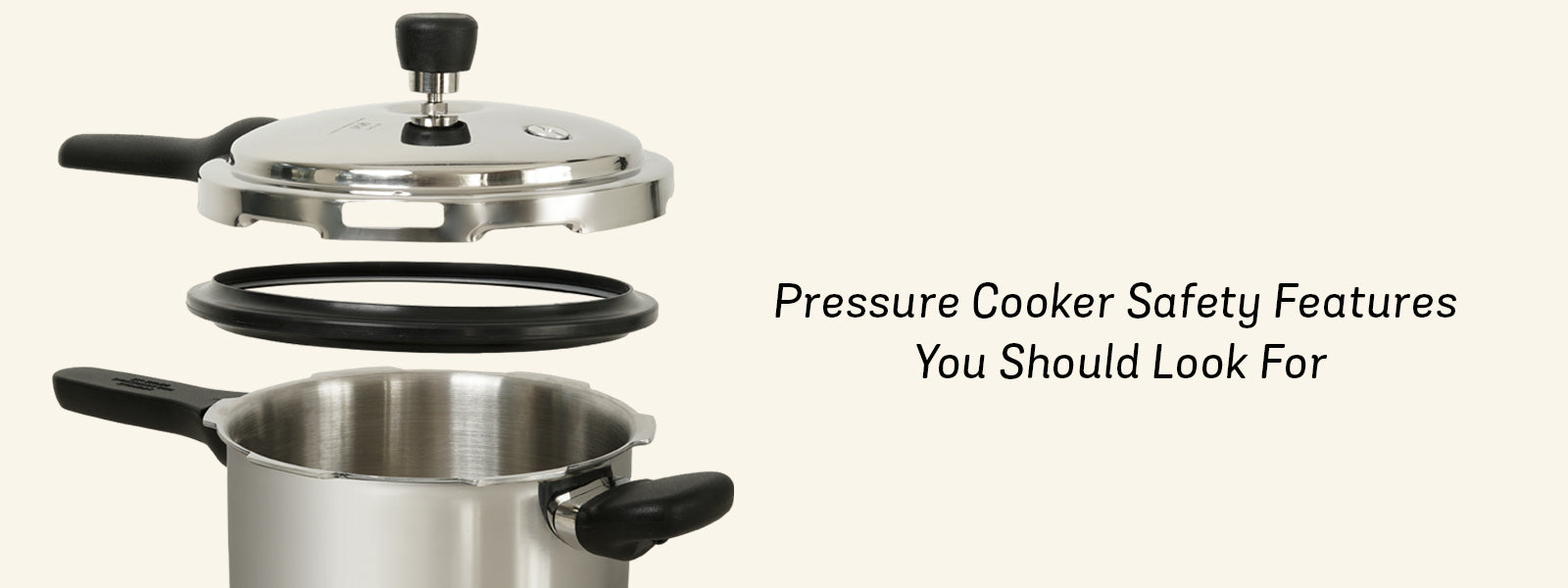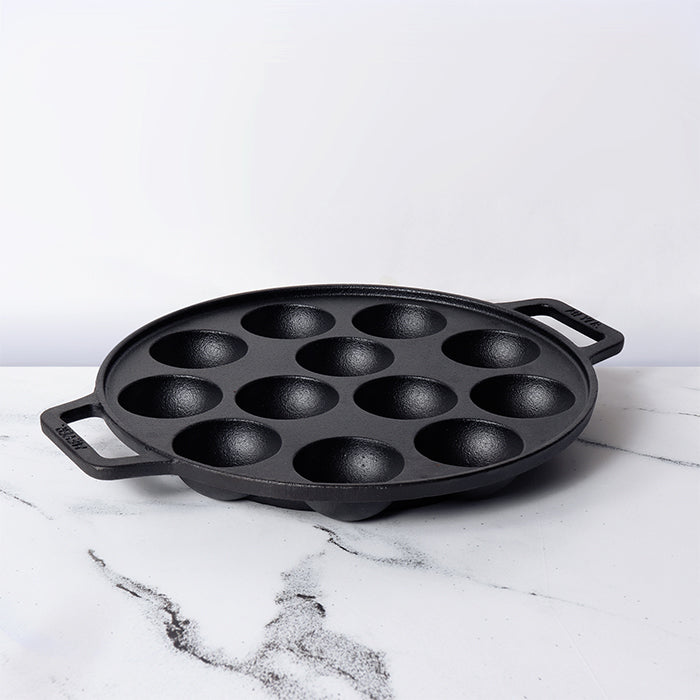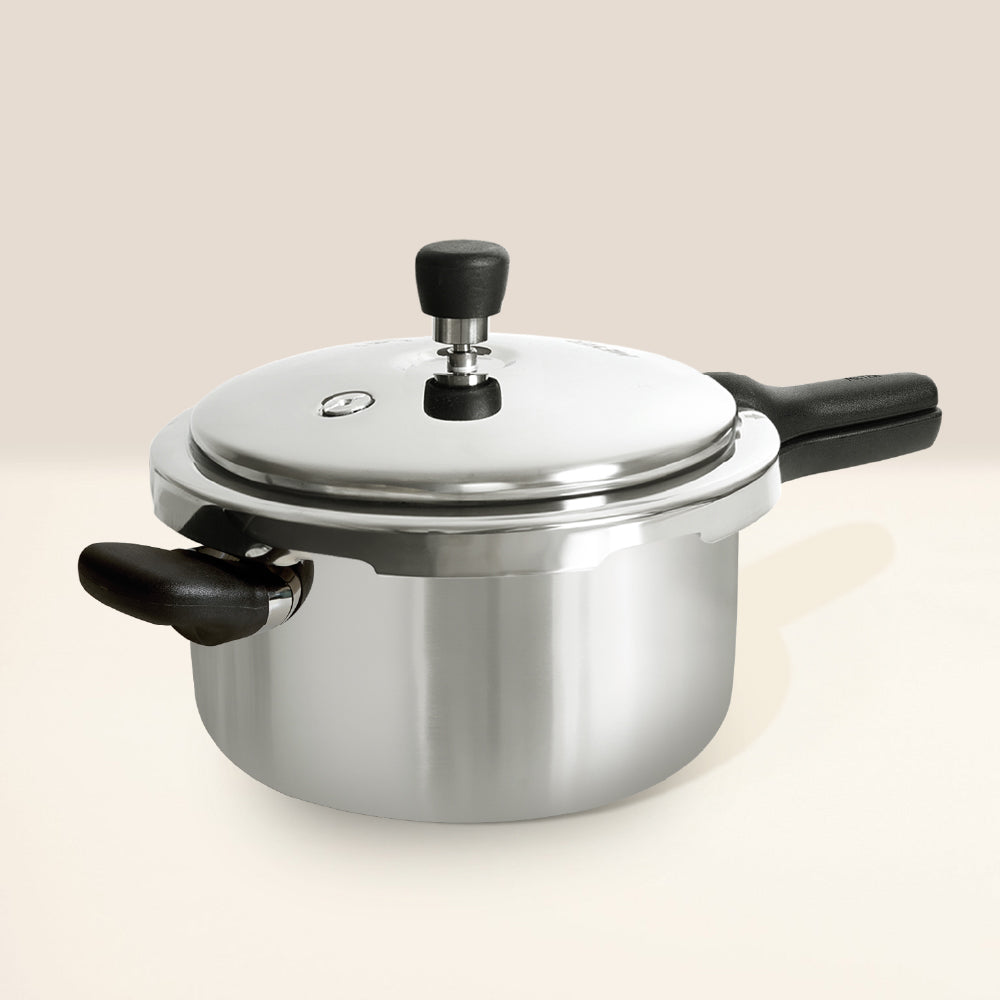Moong Dal, also known as split yellow gram, is a highly nutritious and easy-to-digest lentil widely used in Indian cuisine. Known for its quick cooking time and subtle flavor, moong dal is perfect for soups, dals, khichdis, and many other dishes. Cooking moong dal perfectly in a pressure cooker requires attention to the number of whistles to achieve the ideal texture—neither too mushy nor undercooked.
Table of Contents
Understanding Moong Dal and Cooking Time
Moong dal cooks faster than many other lentils due to its smaller size and soft texture. Whether you are cooking soaked or unsoaked moong dal, the pressure cooker can significantly reduce your cooking time, making it convenient for everyday meals.
How Many Whistles to Cook Moong Dal ?
For perfectly cooked moong dal, the general recommendation is:
-
Soaked Moong Dal: If you soak the dal for about 15-30 minutes before cooking, it softens the lentils and shortens cooking time. In this case, 1 to 2 whistles on medium flame are sufficient for tender, creamy dal.
-
Unsoaked Moong Dal: For dal cooked without prior soaking, 2 to 3 whistles are recommended to ensure the lentils cook thoroughly while maintaining some texture.
MEYER Presta 5.5L Tri-ply with Outer Lid Pressure Cooker
Tips for Pressure Cooking Moong Dal:
-
Water Ratio: Use about 3 to 4 cups of water for every cup of moong dal to avoid undercooking or excess thickening. Adjust water quantity depending on whether you prefer a thicker or more soupy consistency.
-
Natural Pressure Release: Allow the pressure to release naturally before opening the cooker. This helps the dal finish cooking gently and enhances the flavor and texture.
-
Avoid Overcooking: Since moong dal cooks quickly, be careful not to overcook as it can turn overly mushy. Start with fewer whistles if you are new to pressure cooking moong dal and adjust based on your preference.
-
Add Salt After Cooking: Adding salt before cooking can toughen the dal. It’s best to season the dal after pressure cooking.
-
Spices and Tempering: For extra flavor, prepare a tadka (tempering) of mustard seeds, cumin, garlic, and dried red chilies in ghee or oil and pour it over the cooked dal.
Why Use Meyer Presta Tri-Ply Cookware When Cooking Dal?
Cooking dals like moong dal requires cookware that ensures even heat distribution and maintains optimal cooking temperatures. Meyer Presta tri-ply cookware offers these benefits along with added convenience:
-
Tri-Ply Construction: Featuring a thick aluminum core between layers of stainless steel, Meyer Presta distributes heat evenly, preventing hotspots that could lead to uneven cooking or burning.
-
Etched Measurement Markings: Its etched interior markings allow precise measurement of water and dal directly inside the pot, simplifying cooking without extra measuring tools.
-
Safe & Durable: Made with nickel-free stainless steel, Meyer Presta is non-reactive and safe for daily cooking. Its sturdy build resists warping and scratching, ensuring it lasts for years.
-
Easy to Clean: The smooth stainless-steel surface is dishwasher safe and easy to maintain, making meal prep and cleanup hassle-free.
Conclusion
Cooking moong dal in a pressure cooker is quick and efficient when you know the right number of whistles. For soaked dal, 1 to 2 whistles are typically sufficient, while unsoaked dal requires 2 to 3 whistles to reach perfect tenderness. Using quality cookware like Meyer Presta tri-ply pots with etched markings enhances the cooking experience by offering precision, durability, and ease of use.
Enjoy soft, flavorful moong dal with minimal effort and bring wholesome meals to your table every day.













Leave a comment